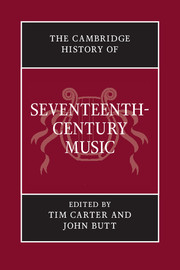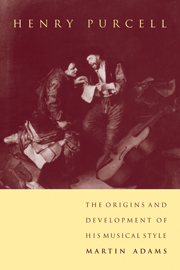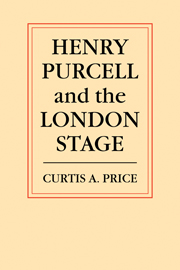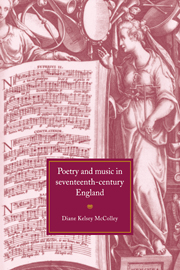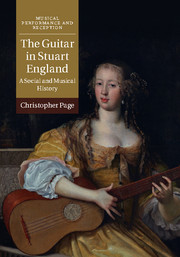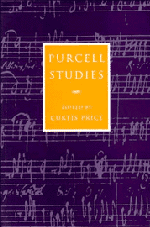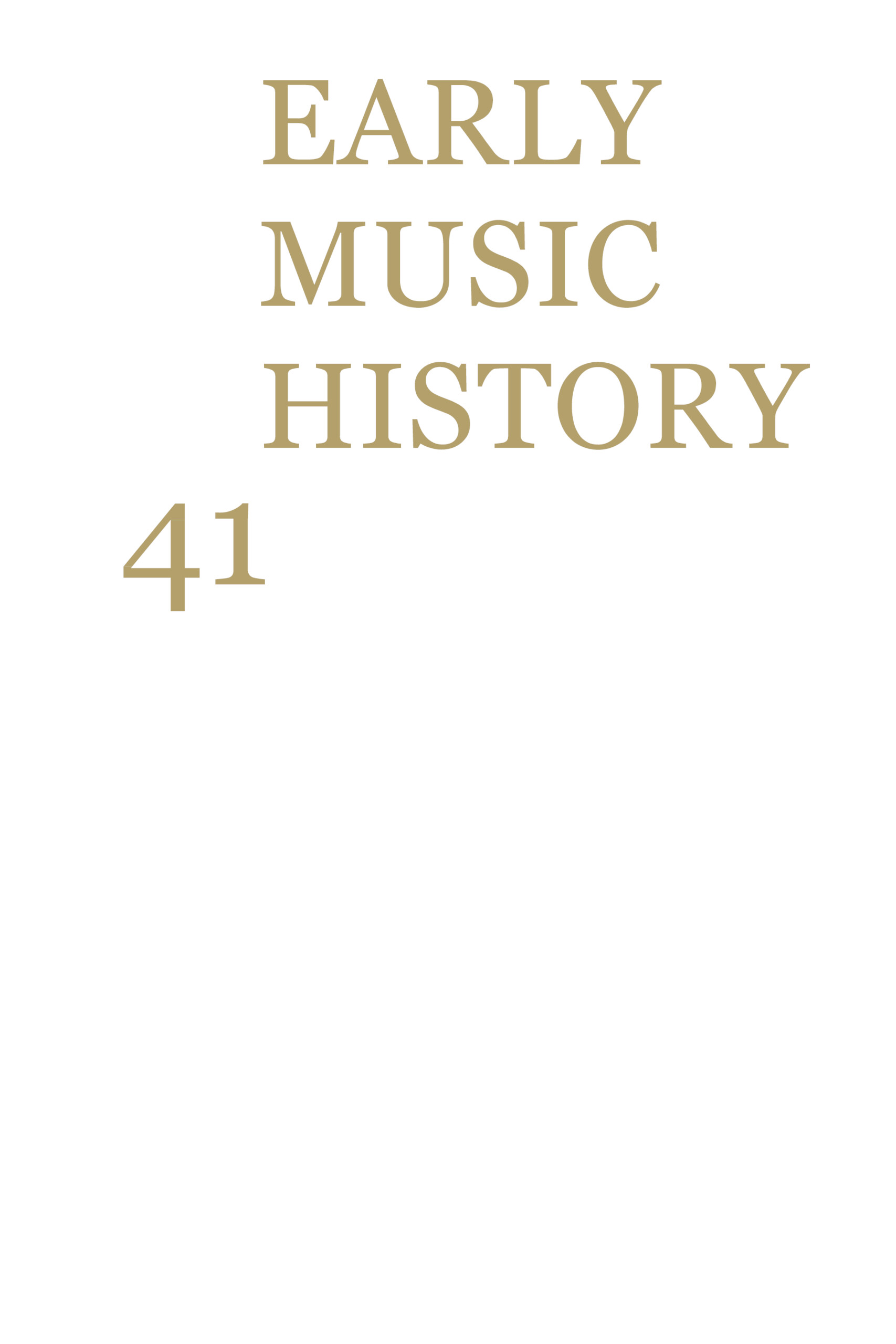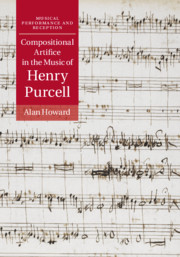
Compositional Artifice in the Music of Henry Purcell
Part of Musical Performance and Reception
- Author: Alan Howard, Selwyn College, Cambridge
- Date Published: November 2019
- availability: Available
- format: Hardback
- isbn: 9781107006669
Hardback
Other available formats:
eBook
Looking for an inspection copy?
This title is not currently available for inspection. However, if you are interested in the title for your course we can consider offering an inspection copy. To register your interest please contact [email protected] providing details of the course you are teaching.
-
Fugal invention has proved a successful line of analytical inquiry in recent studies of repertoires from Josquin to J. S. Bach. Alan Howard brings similar insights to the music of Henry Purcell, and proposes the first analytical approach to his music to examine compositional methods alongside historically contemporary theory, focusing particularly on Purcell's 'artificial' approach to imitative counterpoint. Through this methodology Howard challenges previous responses to Purcell's music that portrayed him as fundamentally conservative. This study offers fresh insights into the musical world in which Purcell lived and worked and situates Purcell's compositional concerns in the broader context of notions of artifice in Restoration culture. Howard thereby offers both a fresh analytical approach - to Purcell's early instrumental works and to his later concerted vocal music - and a critique of the reception history surrounding the fantazias and sonatas in particular.
Read more- Presents a close analytical reading of Purcell's music, grounded in the parallel study of the music theory of his time
- Places Purcell's compositional interests in the context of wider artistic concerns in the Restoration, and of eighteenth-century reception
- Includes generous use of music examples to engage readers fully in the book's analytical arguments
Reviews & endorsements
'This book documents a remarkable achievement. It not only offers direct insights into the creative processes of a great composer on a technical level, but also succeeds in getting, as it were, into his skin as he faced compositional problems - something not previously attempted in the case of Purcell (and all too rarely accomplished for any composer).' Bruce Wood, Bangor University
See more reviews'Compositional Artifice in the Music of Henry Purcell represents a step-change in the emerging musicological sub-discipline of historically informed analysis. By introducing the contemporary notion of 'artificial' composition - in which the composer incorporated intricate imitative devices to provide creative satisfaction for both composer and performer - Howard unravels with remarkable clarity the hidden compositional techniques lying behind Purcell's inventive strategies in both his instrumental chamber music and his later large-scale vocal works. The book provides a set of historically sensitive analytical tools that have the potential to transform the reader's understanding of some of Purcell's greatest masterpieces.' Rebecca Herissone, University of Manchester
Customer reviews
Not yet reviewed
Be the first to review
Review was not posted due to profanity
×Product details
- Date Published: November 2019
- format: Hardback
- isbn: 9781107006669
- length: 312 pages
- dimensions: 253 x 180 x 20 mm
- weight: 0.8kg
- contains: 11 b/w illus. 8 tables 185 music examples
- availability: Available
Table of Contents
Introduction
Part I. Purcell's 'Art of Descant':
1. In counterpoint: sources and analysis
2. Artifice, Fugeing and fantazia
3. 'The chiefest instrumental musick now in request': canzonas and other sonata fugues
4. 'The power of the Italian notes': Purcell's sonatas as and in reception
Part II. 'Thou Didst Thy Former Skill Improve':
5. 'Celestial art[ifice]' in Hail, bright Cecilia
6. Artifice and musical modelling
7. Augmentation as artifice, artifice as augmentation
8. 'Italian sonatas in orchestral garb'.
Sorry, this resource is locked
Please register or sign in to request access. If you are having problems accessing these resources please email [email protected]
Register Sign in» Proceed
You are now leaving the Cambridge University Press website. Your eBook purchase and download will be completed by our partner www.ebooks.com. Please see the permission section of the www.ebooks.com catalogue page for details of the print & copy limits on our eBooks.
Continue ×Are you sure you want to delete your account?
This cannot be undone.
Thank you for your feedback which will help us improve our service.
If you requested a response, we will make sure to get back to you shortly.
×
